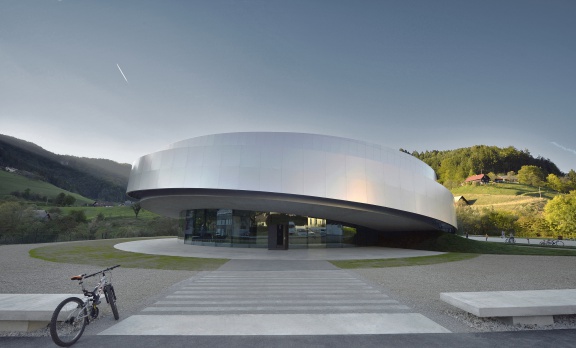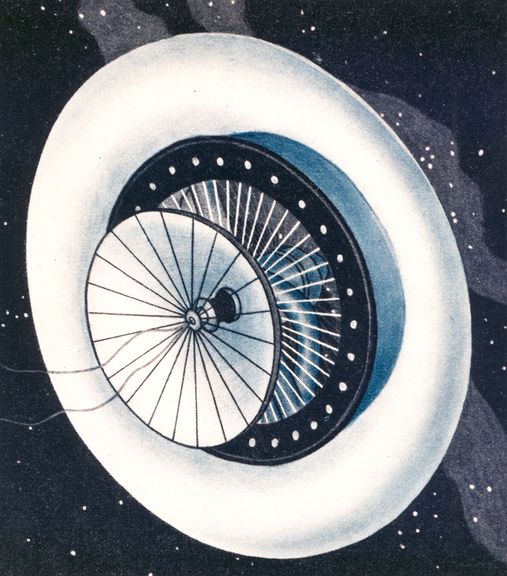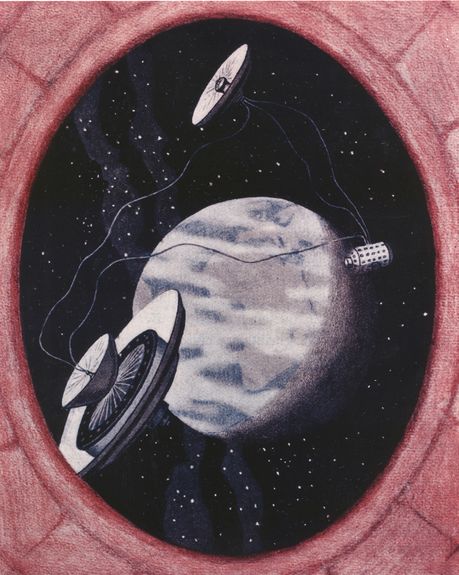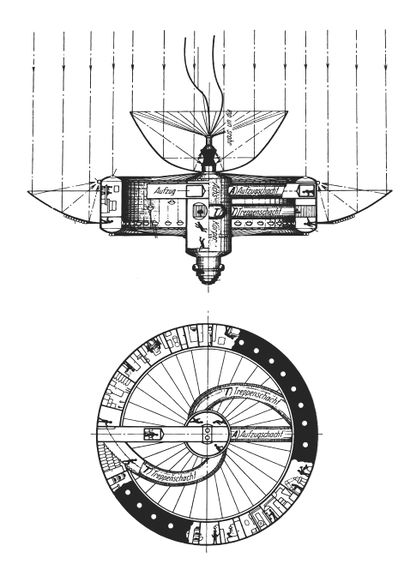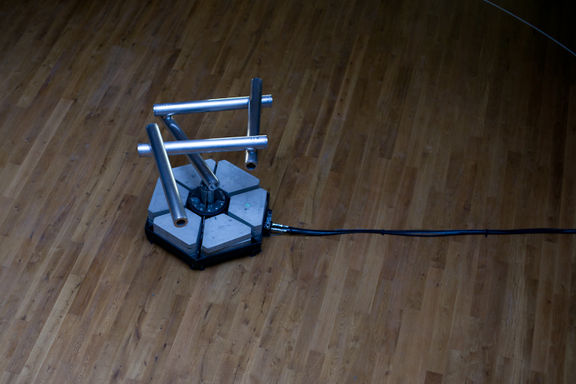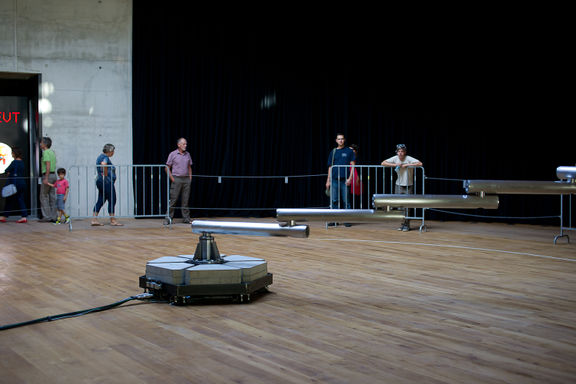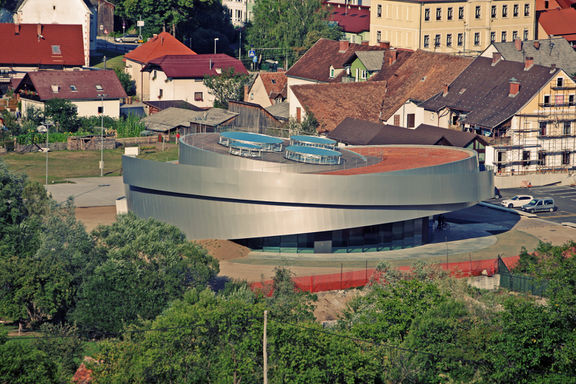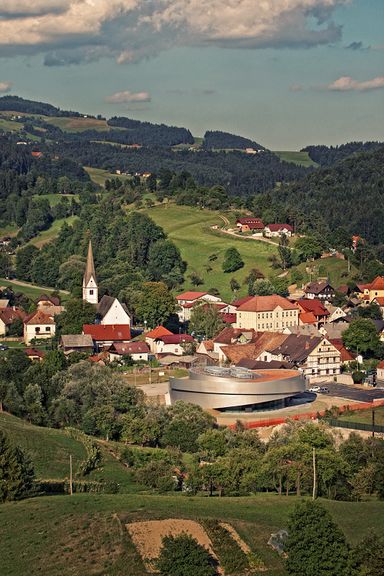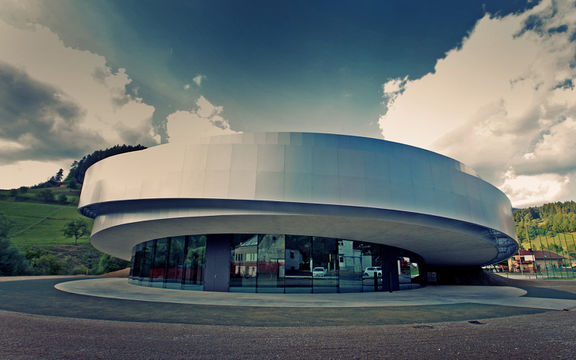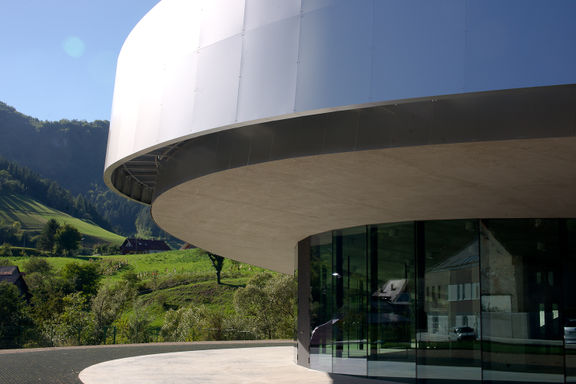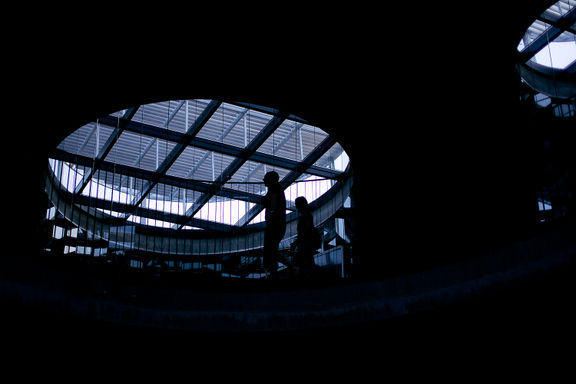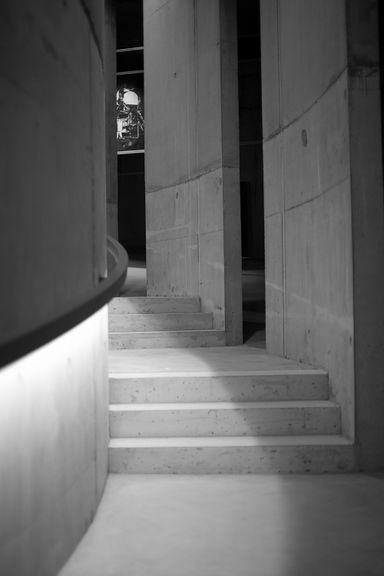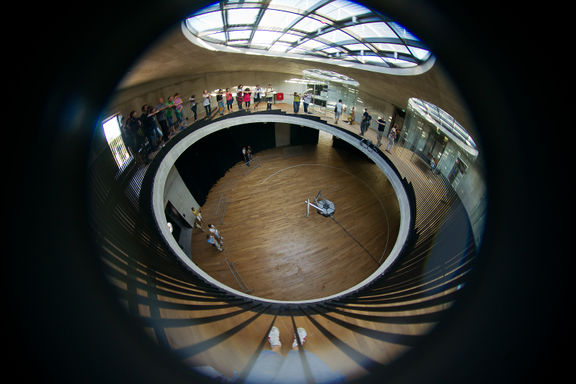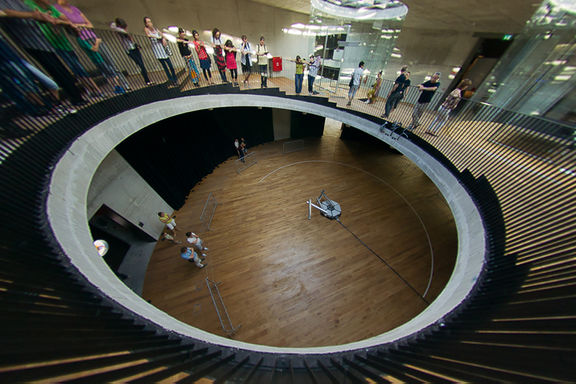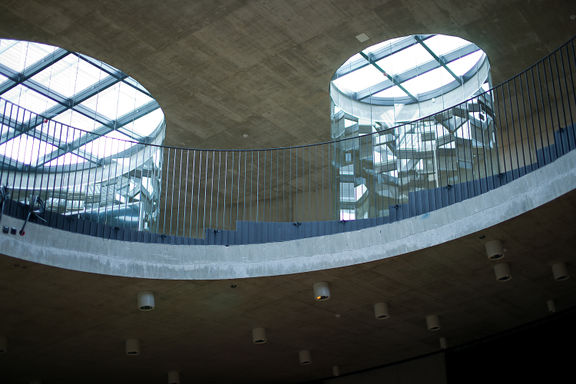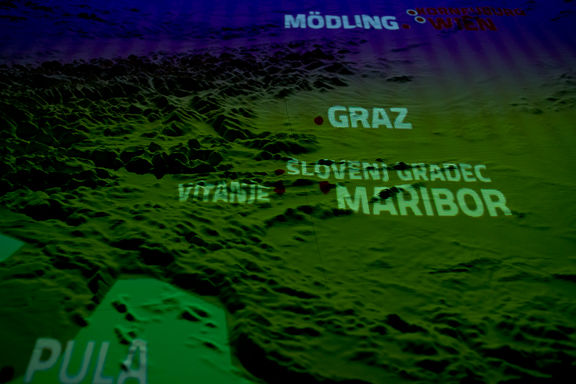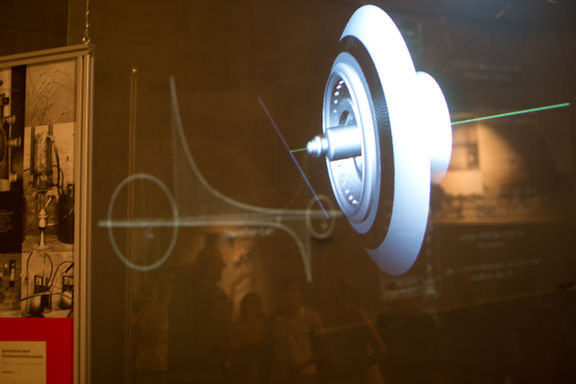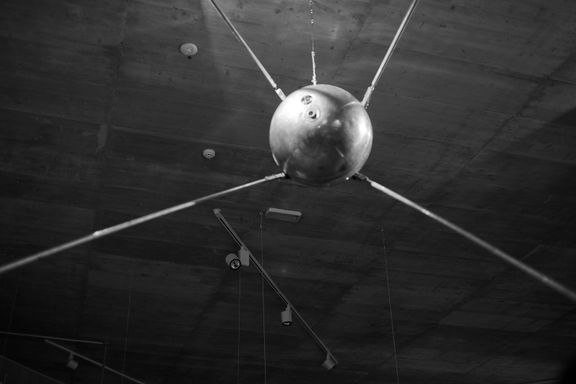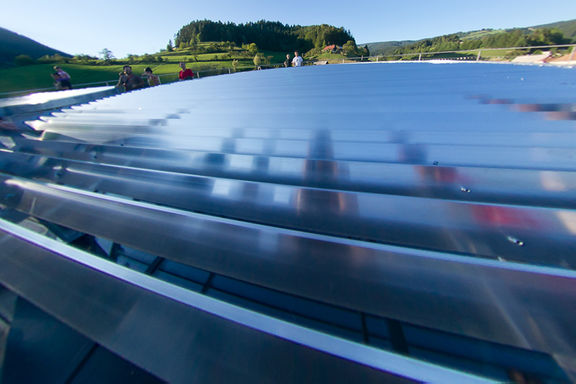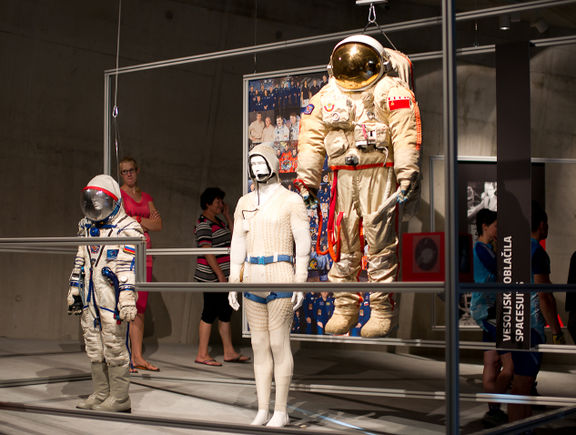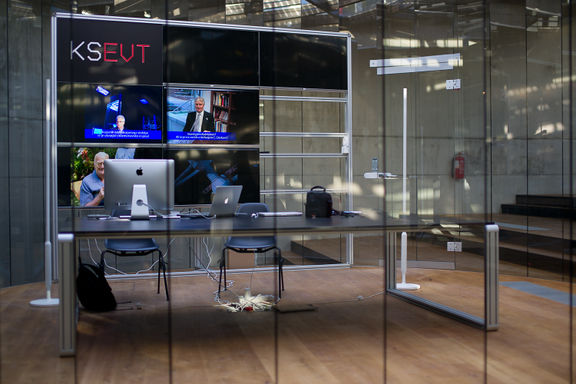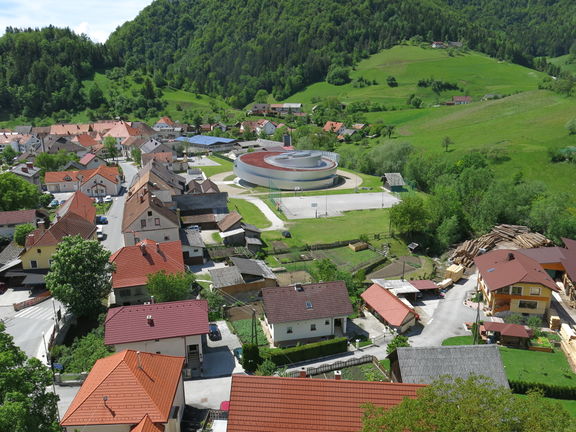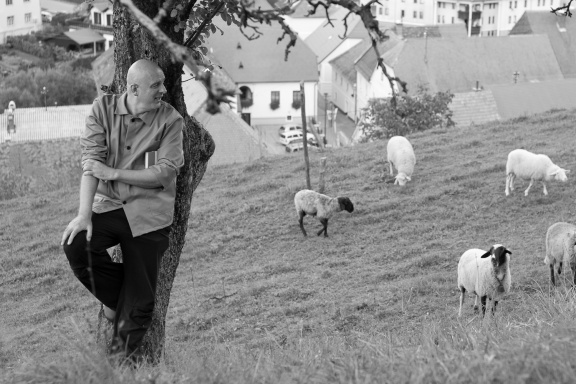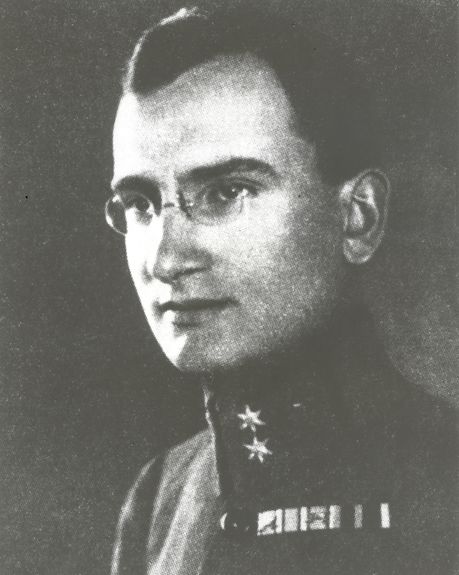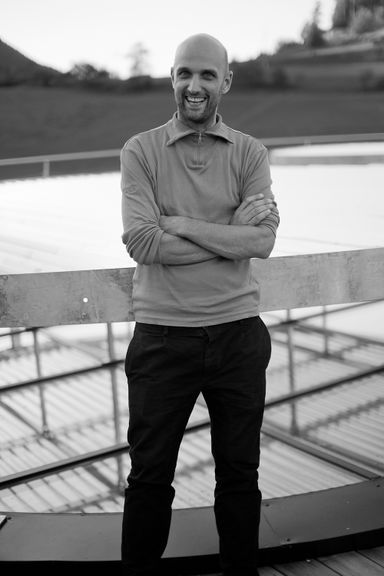Cultural Centre of European Space Technologies (KSEVT)
-
to
28 Sep 2018
10 Oct 2018
The exhibition of projects developed for the Cultural Centre of European Space Technologies (KSEVT) by the AA nanotourism Visiting School in cooperation with the Biennial of Design (BIO), presented by Jakob Travnik, supported by the Slovenian Culture and Information Centre, Vienna (SKICA) (Embassy of the Republic of Slovenia Vienna),
at the Vienna Design Week
-
to
19 Sep 2018
23 Sep 2018
The exhibition of four projects developed for the Cultural Centre of European Space Technologies (KSEVT) in the period 2014 - 2016 by AA nanotourism Visiting School in cooperation with the Biennial of Design (BIO) and the projects' presentation by Jakob Travnik in the Biodesign Here and Now program, supported by the Embassy of the Republic of Slovenia London,
at the London Design Festival
-
to
6 Sep 2018
10 Sep 2018
The participatory intermedia installation KOSMICA Parliament by Miha Turšič, co-produced by Cultural Centre of European Space Technologies (KSEVT), Kapelica Gallery, and Delak Institute; Infinite In-Between by Mojca Založnik, produced by Kapelica Gallery; Singing Sand by Tadej Droljc; Maja Smrekar contributing to the Bog Concert Night; and aqua_forensic by Robertina Šebjanič and Gjino Šutić, featuring Aquatocene / The Subaquatic Quest for Serenity by Robertina Šebjanič, also a speaker at a panel and artist talk,
at the Ars Electronica Festival Linz
-
to
15 Jul 2015
5 Aug 2015
The audiovisual installation Voyager/non-human agent as well as an informance (information performance) and the presentation Cosmosapiens and the TerRatope by Špela Petrič and Miha Turšič (Cultural Centre of European Space Technologies (KSEVT)) in the framework of the exhibition New Materialisms
-
to
13 Dec 2014
8 Mar 2015
The First Space Architect: Herman Potočnik Noordung, an exhibition produced by the Cultural Centre of European Space Technologies (KSEVT),
-
to
16 Jun 2014
30 Jun 2014
Fourteen, a dance performance by Rosana Hribar and Gregor Luštek (Dance Theatre Ljubljana), Sad Sam Lucky, a dance performance by Matija Ferlin (Emanat Institute), a concert by Laibach, Postgravity Art: Cosmistic Architectre, a theatre informance by Dragan Živadinov, Dunja Zupančič, Miha Turšič, Dario Seraval, and Špela Petrič (Cultural Centre of European Space Technologies (KSEVT)), and Postgravity Art: Infomatrix, a visual informance by Dragan Živadinov, Dunja Zupančič, and Miha Turšičat (Cultural Centre of European Space Technologies (KSEVT)), at the IKS International Festival of Contemporary Theatre
-
to
6 Jun 2014
23 Nov 2014
The project The Problem of Space Travel - Supre: Architecture by the Cultural Centre of European Space Technologies (KSEVT) as the Slovene representative at the 14th International Architecture Exhibition - la Biennale di Venezia, supported by the Ministry of Culture,
-
9 Dec 2013
Dragan Živadinov, Miha Turšić, and Marko Peljhan from the Cultural Centre of European Space Technologies (KSEVT) at the Think Space Symposium
-
to
8 Oct 2013
11 Oct 2013
Robertina Šebjanič and Jerneja Rebernak (Cultural Centre of European Space Technologies (KSEVT)) at the Media Art Histories 2013: Renew, supported by the Embassy of the Republic of Slovenia Berlin
-
to
3 Aug 2013
13 Oct 2013
Free Enterprise: The Art of Citizen Space Exploration, a joint exhibition co-curated by Marko Peljhan, featuring also Slovene artists and organisations Cultural Centre of European Space Technologies (KSEVT), Trieste Constructivist Cabinet, Nejc Trošt, Noordung Cosmokinetic Cabinet, Projekt Atol Institute
-
to
29 Jun 2013
2 Jul 2013
The gallery performance, exhibition and video installation Via MSU Zagreb - No One Should Have Seen This produced by Via Negativa, the solo performance Drop Dead by Katarina Stegnar, and a trip to the Cultural Centre of European Space Technologies (KSEVT) accompanied by Dragan Živadinov
at the Eurokaz Festival
-
to
19 Jan 2013
18 May 2013
USA Riverside (CA) California Museum of Photography,Culver Center of the Arts & Sweeney Art Gallery
Free Enterprise: The Art of Citizen Space Exploration, a joint exhibition also featuring Slovene artists and organisations: Cultural Centre of European Space Technologies (KSEVT), Trieste Constructivist Cabinet, Nejc Trošt, Noordung Cosmokinetic Cabinet, Projekt Atol Institute, and curated by Marko Peljhan
Described as 'a living room of Vitanje inhabitants and a space for a synthesis of art and science focused on the post-gravity art' by its inceptors, KSEVT promises an interaction between local, regional, and planetary.
Building
The Integrated Revitalisation of The Vitanje House of Culture into KSEVT project received funds in 2009 through the Development Investing in Public Cultural Infrastructure programme, run by the Ministry of Culture. The fascinating building on 2500 m² replaced the old cultural centre and is inspired by the Herman Potočnik's plan for the first geostationary space station from 1928. It is situated in the hilly landscape between the neoclassicist Church of the Mother of God, the gothic Church of St. Peter, and the former Bishop's Mansion.
The ground level includes the Vitanje library and a multi-purpose circular hall with 300 seats. The first floor with research facilities is dedicated to the KSEVT programme.
Programme
The permanent exhibition Herman Potočnik Noordung: 100 Monumental Influences is based on 100 Herman Potočnik Noordung's drawings that he used in his book The Problem of Space Travel - The Rocket Motor. The display will cover Potočnik's life and time, the early rocket technologies, space architecture, usage of the Earth orbits, space wear, the Treasures of Modernity collection, and, last but not least – Slovenia in space.
The international residency programme will focus on the interdisciplinary research of the cultural context of the human interaction with space and will host artists, scientists, and philosophers.
International cooperation
On a regional level KSEVT generates connections between Trieste, Italy (liaising it with the Trieste Constructivist Ambient from 1927), Pula, Croatia (Potočnik's birth town), and Graz in Austria. KSEVT already cooperates with the Russian State Museum in St Petersburg and the National Air and Space Museum in Washington D.C..
In 2011 the Centre prepared the Memorandum on the Culturalisation of Outer Space that the Slovene President Danilo Türk presented to the Russian President Dmitry Medvedev as a new dimension of cooperation between Slovenia and Russia. The document foresees the first (professional) artist spaceflight, presumably in the person of the Slovene primaballerina Mateja Rebolj who has collaborated with Dragan Živadinov also in the Noordung Cosmokinetic Cabinet.
See also
- Herman Potočnik Noordung Memorial Centre Vitanje
- Delak Institute
- Slovenske Konjice Public Library
- Noordung Cosmokinetic Cabinet
External links
References
- Herman Potočnik Noordung on Wikipedia
- Dušan Petrač who worked at NASA's Jet Propulsion Laboratory, presents KSEVT



